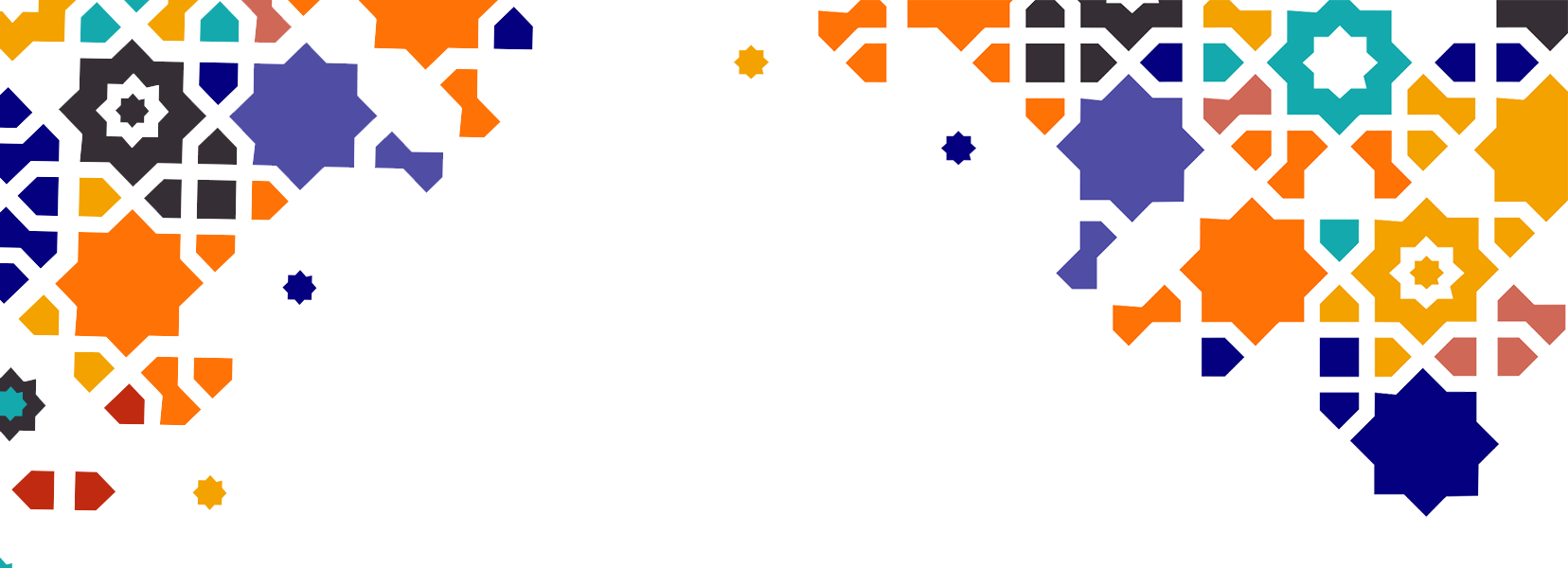
Morocco can count on technology to boost agriculture
With cereal self-sufficiency approaching 75% and local products generate sales of over 1.2 billion euros a year, the kingdom's land is far from barren. Yet, for the past 40 years, Moroccan agriculture has been threatened by endemic drought. Back in 2008, the government set up the Green Morocco Plan to help small-scale commercial farming. This decision has had a positive impact of a 60% increase in agricultural exports the following year.
In 2023, it's the turn of start-ups to take over arable land. As a winning duo — Sand to Green which uses its technology to facilitate the integration of agroforestry farms in arid environments and Terraa, which strengthens distribution channels through its digital platform. How do these two companies intend to overcome the challenges of the primary sector ?
Sand to Green’s goal — making the desert green again
Morocco's territory is constantly being reshaped by the ecological and urban changes of the 21st century. Its agriculture has not been spared. Drought, urban sprawl, erosion... According to Benjamin Rombaut, CEO of Sand to Green, almost a third of the soil’s has turned dry. In order to adapt the kingdom’s agricultural framework, the Franco-Moroccan entrepreneur decided to deploy an agroforestry modelin Morocco's arid environment. After three years of R&D, Sand to Green has become a mature project, ready to contribute to the resilience of the country's rural economies.
The prototype aims to re-green desert environments, in particular through a water desalination strategy. This procedure would help trees to establish themselves in a hostile, poorly irrigated environment. “As they grow stronger, they become more and more autonomous, thanks to their ability to manage their own water cycle”, explains Benjamin Rombaut, who is both ambitious and keen to see blossoming low-carbon emissions plants. Sand to Green has already raised 1 million dollars. The money raised from investors should enable the company to spread over thousands of hectares.
The food tech Terraa feeds distribution networks
Aridity isn't the only challenge for the country. The whole system needs to be rethought. Intermediation, incomplete databases and technological backwardness affect the agricultural market and leads to excessive prices, unsold and food spoilage. Founded in 2022, Terraa could well change all that. Its mission is to re-establish the network between farmers and urban markets via a paperless ordering system. To achieve this, the Moroccan start-up sources directly from farmers before delivering to retailers. This strategy is accompanied by a policy of constant prices which tends to limit losses due to periods of overproduction.
This year, the food distribution start-up managed to raise $1.5 million in pre-seed funding, which will be used to strengthen its logistics infrastructure, while expanding into the rest of the region. Co-founder Benoît Devigne is looking forward to see the positive impact of Terraa's technology on supply and demand. Benoît Devigne already plans to open new collection centers for storage and distribution.
On the fertile ground of international collaboration
Developing a digital economy capable of enhancing the value of family farming, i.e. 70% of farms, is a major challenge for Morocco and the rest of the continent. The use of technology by small-scale farmers in Africa is increasingly but not sufficiently democratized. While it is now possible to grow plants in arid zones thanks to agro-ecological techniques, training and experimentation centers are essential to guide the younger generation of Moroccan engineers.
To achieve this, the participation of international players is undeniable. In fact, it was the French Yves Rocher Foundation that financed the CIPA institute (crossroads of technological initiatives and practices) to the tune of 10,000 euros.
Aware of the fundamental value that international partnerships can bring, Morocco has opened its doors to collaborators from all horizons. The kingdom recently called for cooperation with Europe and Africa on sustainable agriculture. In October, it took part in the international conference on food production technologies in Eilat. The event brought together over 70 representatives from numerous countries - including Jordan, Barhein, Ghana, the United Arab Emirates - all keen to revitalize their agricultural sectors. Everyone can learn from each other — that was the watchword of this historic meeting.
Sources:
https://agriculture.gouv.fr/marocx
https://www.agriculture.gov.ma/fr/filiere/richesse-du-terroir

